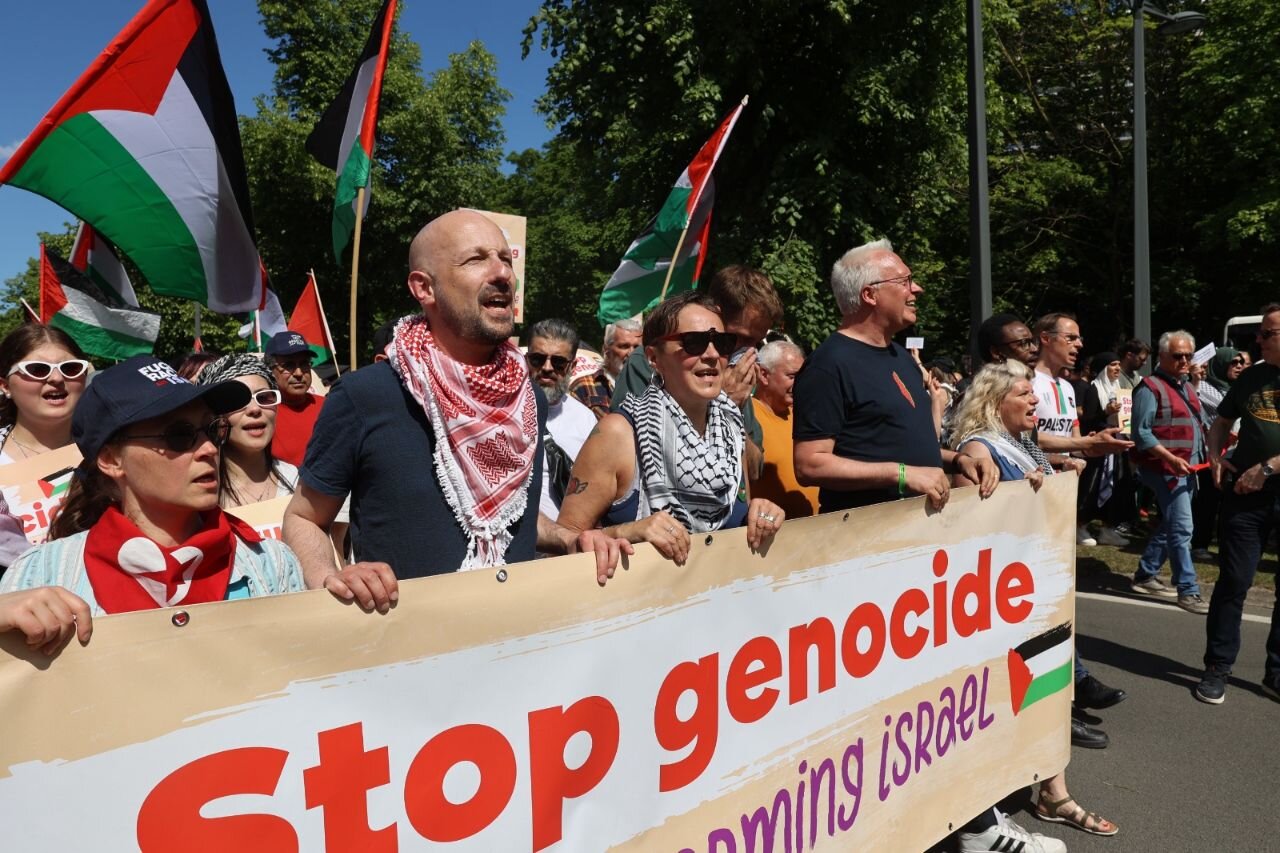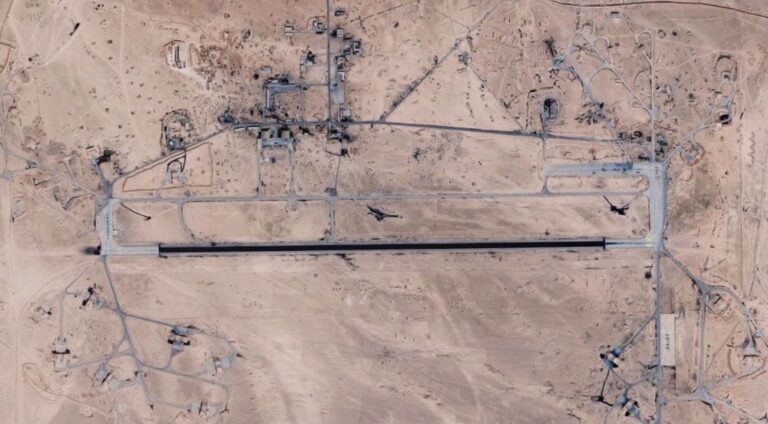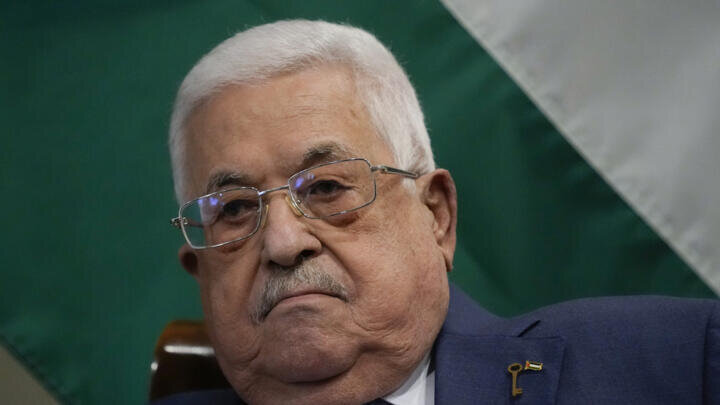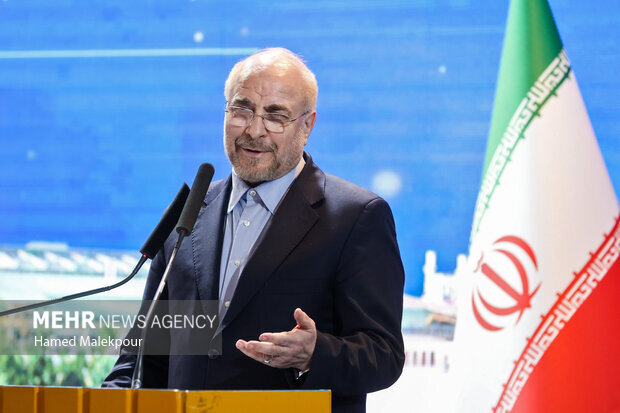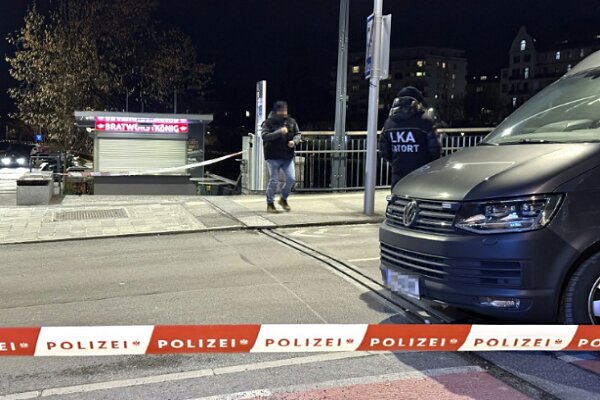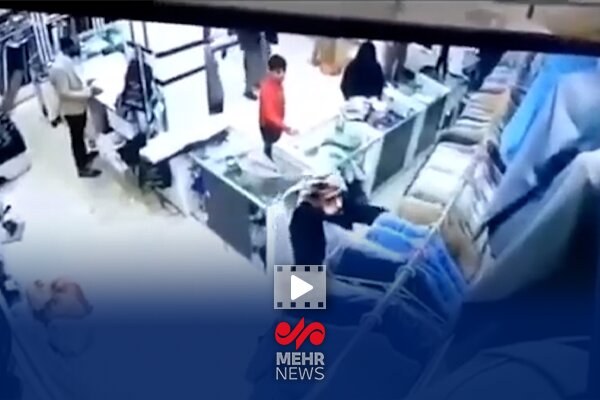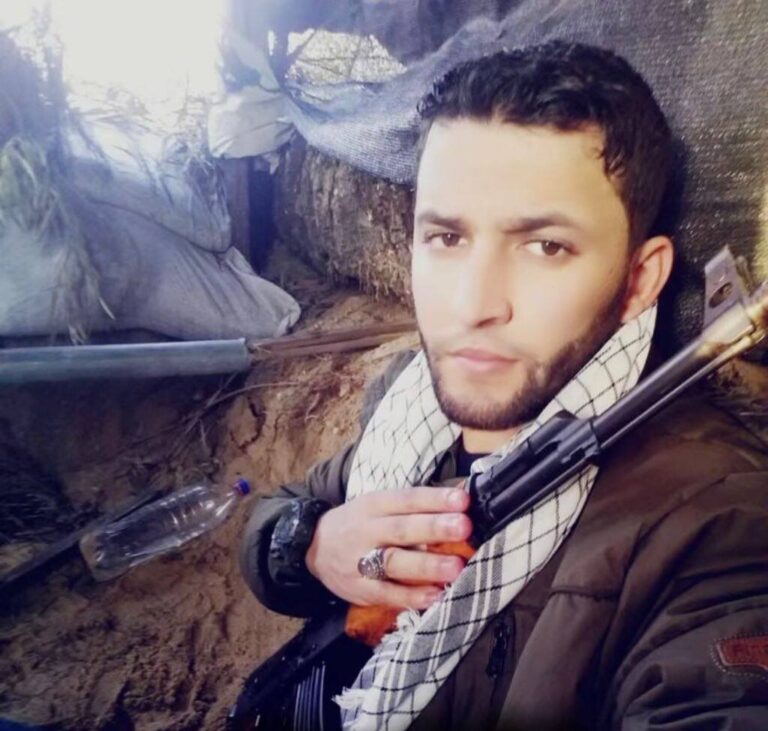Belgian MEP Accuses EU of Fueling Israel’s Violence with Trade and Arms Deals
The European Union (EU) is under growing scrutiny for its management of the Israel-Palestine conflict, with critics asserting that its “business as usual” stance perpetuates violence and human rights abuses in Gaza. Despite substantial evidence of alleged war crimes and ethnic cleansing, prominent EU officials continue to back Israel politically and militarily, raising critical concerns about Europe’s dedication to international law and human rights.
In a recent interview, Marc Botenga, a Belgian member of the European Parliament representing the Left group (GUE/NGL), expressed his strong disapproval of the EU’s policies regarding Israel. Botenga asserts that this approach is tantamount to complicity in the ongoing genocide in Gaza, emphasizing the importance of re-evaluating the EU’s privileged trade agreements, arms exports, and political endorsements of Israel’s actions.
Here are some of the key points discussed in the interview:
- Privileged Partnership with Israel: Botenga highlights that the EU’s Association Agreement with Israel grants it significant advantages, including access to the EU market and public funds for research and development. He argues that this must be revoked immediately, as human rights are being violated.
- Arms Export to Israel: He insists that arms shipments from Europe to Israel must cease to prevent complicity in what he terms a genocide.
- Double Standards: He criticizes EU leaders, including Ursula von der Leyen and Kaja Kallas, for their contrasting responses to the situations in Ukraine and Palestine, pointing out a lack of sanctions against Israel despite its violations of humanitarian law.
Botenga emphasizes the need for urgent public mobilization to hold European leaders accountable and to advocate for justice in Palestine. His firsthand experiences in Palestine have shaped his activism and commitment to raising awareness of these critical issues.
The following is an excerpt from the interview with Marc Botenga:
Question: You describe the EU’s current approach to Israel as “business as usual” and criticize it for complicity. What specific policy changes would break this pattern of complicity?
Answer: “It’s important today to acknowledge that the European Union does not have just normal relationships with Israel. It has a privileged partnership with Israel. So there is the Association Agreement, which basically gives Israel a lot of privileges, advantages, to access, for example, the EU market, which makes the EU one of the main trading partners for Israel. It also gives Israeli entities access to European public money, research, and development funds. So we are sponsoring, and this needs to stop. It’s very clear that we need to cancel this agreement right now. The agreement itself speaks about human rights. It says that human rights should be respected. Clearly, they are not being respected. So if Europe wants to stop being hypocritical, it needs to immediately cancel this agreement with Israel.”
Question: European leaders such as Ursula von der Leyen and Kaja Kallas have been criticized by you for their stance on Israel. What political or strategic factors influence their current position?
Answer: “I think they consider that Israel plays, defends the role of Western imperialism in the region. Israel today bombs different countries in the Middle East, destroys different countries in the Middle East, and I’m afraid that some European leaders think this is in the interest of the West. I do not think this is in the interest of the people, neither in the region nor in Europe. And definitely it’s a violation of international law, of basic human rights. There’s a dehumanization of Palestinians, to which today, I’m afraid, Kaja Kallas [EU chief diplomat] and Ursula von der Leyen [President of the European Commission] contribute. They also normalize war crimes.”
Botenga also articulated the EU’s double standards regarding its foreign policy, particularly in light of the Ukraine crisis. He argues that the EU’s inconsistent actions undermine its credibility and diplomatic presence on the global stage:
Question: You have highlighted the “double standards” of the EU regarding Ukraine and Gaza, particularly in terms of labeling genocide. How do you think this inconsistency affects the credibility of EU foreign policy?
Answer: “You know that when Russia invaded Ukraine, the European Union started sending weapons to Ukraine and imposed sanctions on Russia. But today, there is no such sanction against Israel, despite the violations of humanitarian law and human rights. This clearly shows double standards. People will no longer believe the European Union when it talks about human rights and international law because of this inconsistency.”
In conclusion, Botenga emphasizes the necessity for the EU to uphold international law and adapt its foreign policy to reflect genuine commitments to human rights. He believes that a unified public effort can pressure European leaders to enact meaningful policy changes regarding Palestine.
Botenga’s advocacy work underscores the importance of public awareness and engagement in promoting justice and humanitarian principles. As he continues to challenge the EU’s policies, he remains hopeful for a future where global solidarity for Palestine can lead to tangible changes in the region.
